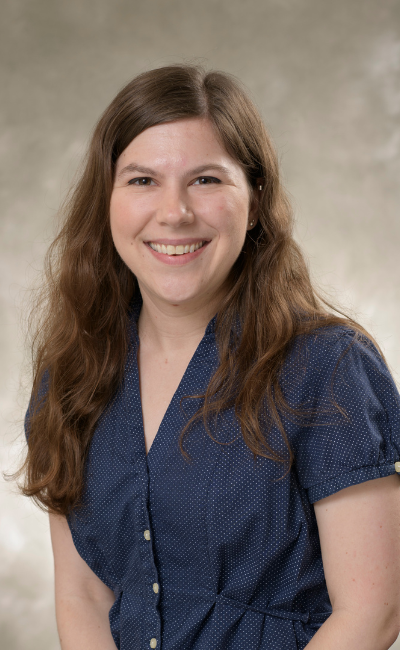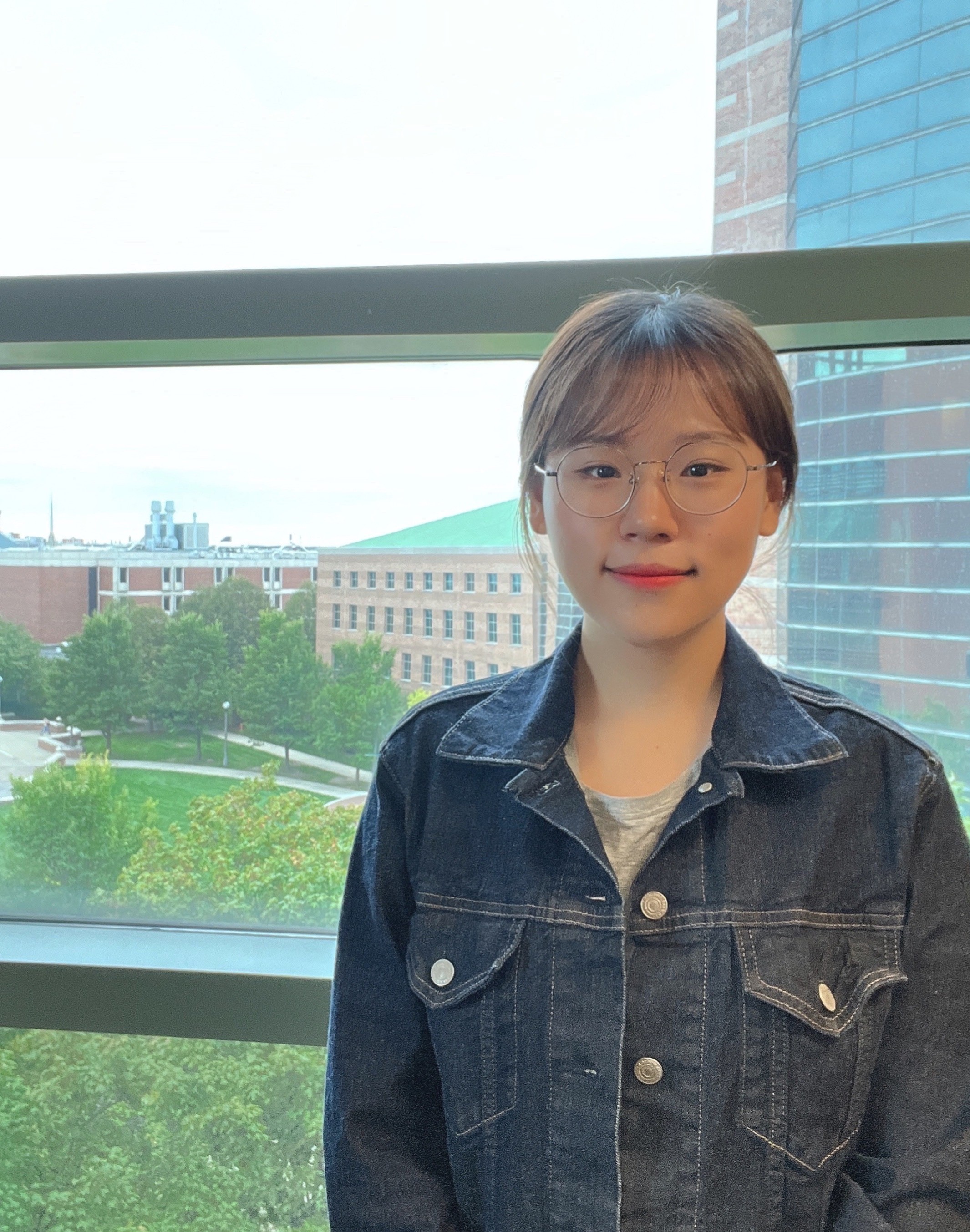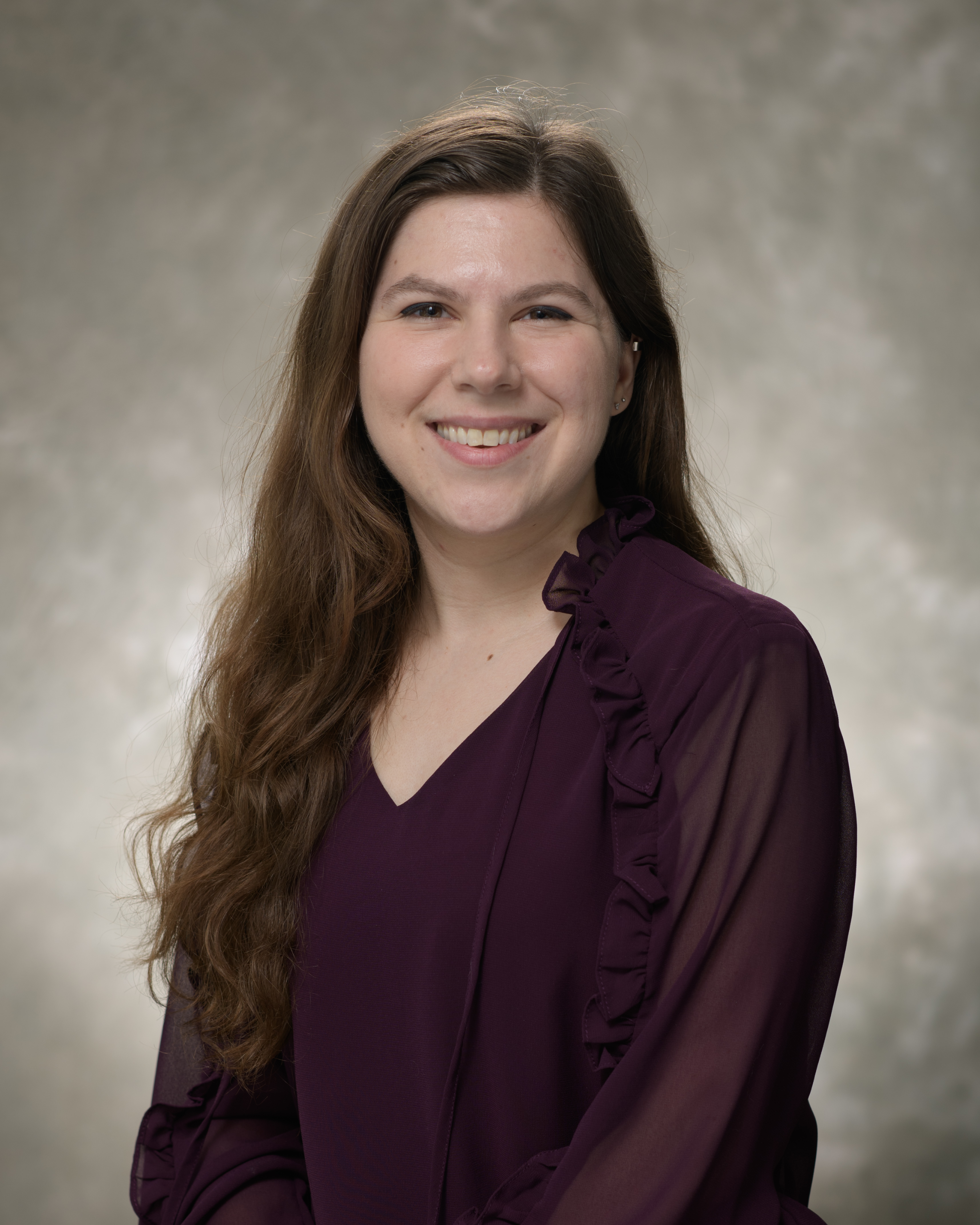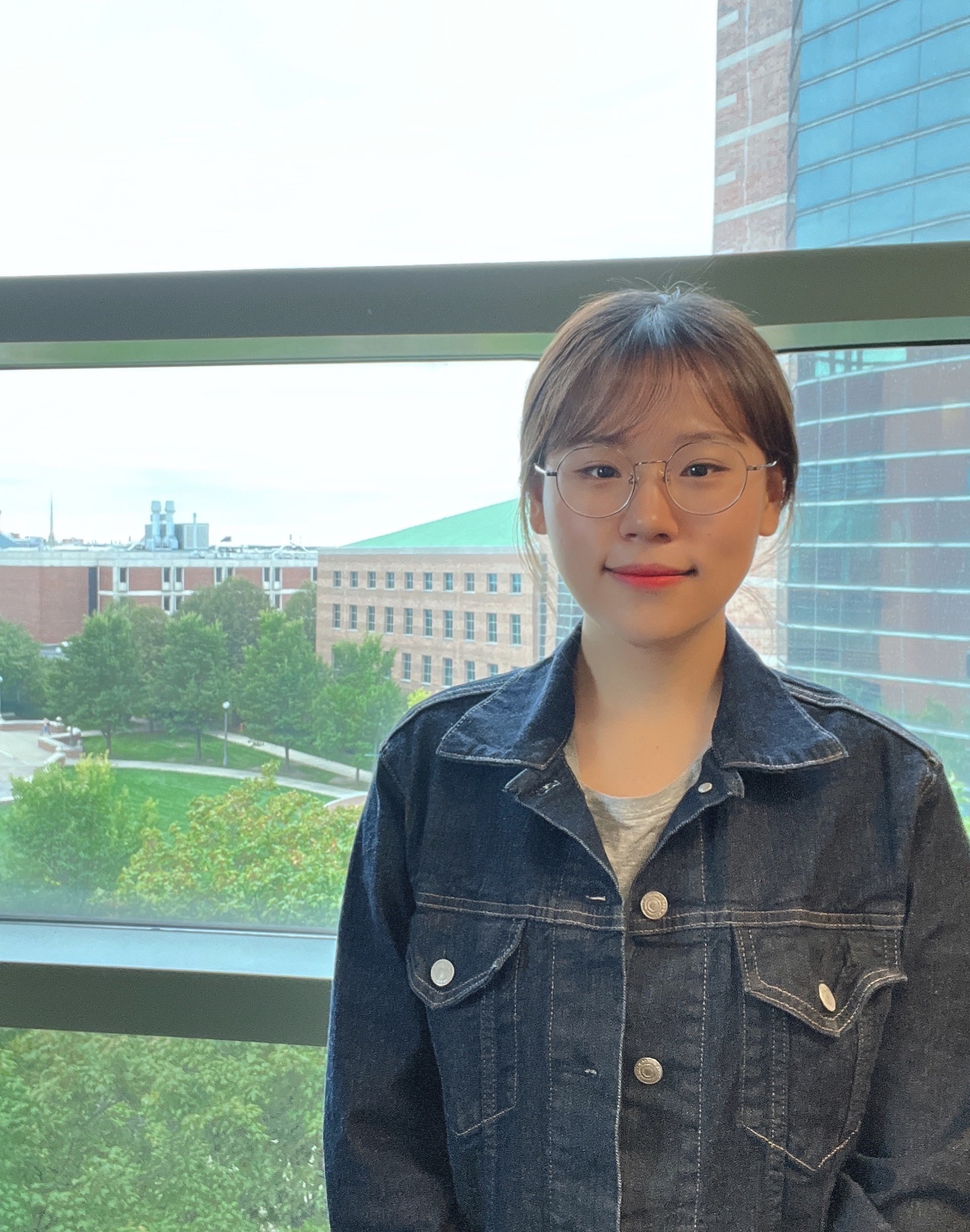Two graduate students will present their research at the next Beckman Institute Graduate Student Seminar: Jenna Cario, electrical engineering; and YiRang Shin, electrical and computer engineering. The event will take place at noon Wednesday, Nov. 1 in 5602 Beckman Institute.
Register to attend and receive lunch.
"Improving imaging of radiological clips for neoadjuvant chemotherapy using ultrasound identification
 Neoadjuvant chemotherapy, or NAC is a strategy used to treat breast cancer with the intent of making tumors more operable and limiting the need for painful lymph node removal. During NAC, the areas being treated are marked with radiological clips: small metal or composite pieces implanted with ultrasound guidance so that these areas can be found post-NAC by the bright spots they create in images. Though these clips are meant to mark the areas being recovered or biopsied, physical changes as the lesions respond to treatment can alter the clips’ visibility, resulting in hard-to-find clips that require other, more uncomfortable imaging strategies in order to be localized and identified. Additional markers can then be inserted for surgical purposes. To address shortcomings in this process, we have devised a concept for an electronic radiological clip that wirelessly transmits an identification signal back to the ultrasound system. The concept is tested on a custom circuit board platform with the aim of downsizing the working prototype into a self-contained, implant-sized device. Additions to our ultrasound system’s code allow it to decode the signal and provide audio feedback on the clip’s position and identity, eliminating the need for additional markers while improving clip visibility and distinction in ultrasound.
Neoadjuvant chemotherapy, or NAC is a strategy used to treat breast cancer with the intent of making tumors more operable and limiting the need for painful lymph node removal. During NAC, the areas being treated are marked with radiological clips: small metal or composite pieces implanted with ultrasound guidance so that these areas can be found post-NAC by the bright spots they create in images. Though these clips are meant to mark the areas being recovered or biopsied, physical changes as the lesions respond to treatment can alter the clips’ visibility, resulting in hard-to-find clips that require other, more uncomfortable imaging strategies in order to be localized and identified. Additional markers can then be inserted for surgical purposes. To address shortcomings in this process, we have devised a concept for an electronic radiological clip that wirelessly transmits an identification signal back to the ultrasound system. The concept is tested on a custom circuit board platform with the aim of downsizing the working prototype into a self-contained, implant-sized device. Additions to our ultrasound system’s code allow it to decode the signal and provide audio feedback on the clip’s position and identity, eliminating the need for additional markers while improving clip visibility and distinction in ultrasound.
Jenna Cario is in her fifth year of pursuing a PhD in Electrical Engineering. Her work focuses on strategies for improving ultrasound imaging of areas being treated for breast cancer, particularly by designing electrical devices. She is a 2023 recipient of the Nadine Barrie Smith Memorial Fellowship and a Cancer Center C-STAR fellowship.
"Context-aware deep learning enables high-efficacy localization of high concentration microbubbles for super-resolution ultrasound localization microscopy"

Ultrasound localization microscopy, or ULM, has revolutionized tissue microvascular imaging, enabling reconstruction of deep tissue vasculature at a microscopic scale through localization and tracking of intravenously injected microbubbles (MBs). However, current ULM applications are limited by the MB localization process, which is constrained by the necessity for MB separation and the difficulties of MB point spread function (PSF) modeling. Here, we present LOcalization with Context Awareness (LOCA)-ULM, a Bayesian inference-based deep learning localization technique that integrates MB context into the training pipeline, enabling robust localization of irregular and densely overlapping MBs that are otherwise inseparable with conventional localization techniques. In in silico experiments, LOCA-ULM outperformed the state-of-the-art deep learning- and model-based localization techniques in the context of MB detection accuracy and missing rate. In vivo experiments show that LOCA-ULM could reconstruct vascular maps much more completely and rapidly when compared to conventional ULM, achieving a four-fold acceleration in the processing speed. Moreover, LOCA-ULM improved sensitivity of functional ULM (fULM), revealing activations in small vessels that were undetectable by conventional ULM. Our results demonstrate the potential of LOCA-ULM as a highly efficient and practical tool for future applications of ULM in the wide range of preclinical and clinical applications that involve tissue microvasculature as a biomarker.
YiRang Shin is a third-year Ph.D. student in the Department of Electrical and Computer Engineering mentored by Professor Pengfei Song. Her background is in deep learning, medical image reconstruction and analysis, as well as dynamic systems and control. Her current research is centered around innovative applications of Deep Learning in ultrasound imaging and Super-resolution ultrasound imaging. She obtained her B.S. and M.S. degree in Information and Communication Engineering from the Daegu Gyeongbuk Institute of Science and Technology (DGIST), South Korea. She then moved on to become a Researcher at Yonsei University College of Medicine.
Learn more about Beckman's Graduate Student Seminar Series.
Read Q&As with student researchers on Beckman's Student Researcher Spotlight page.

